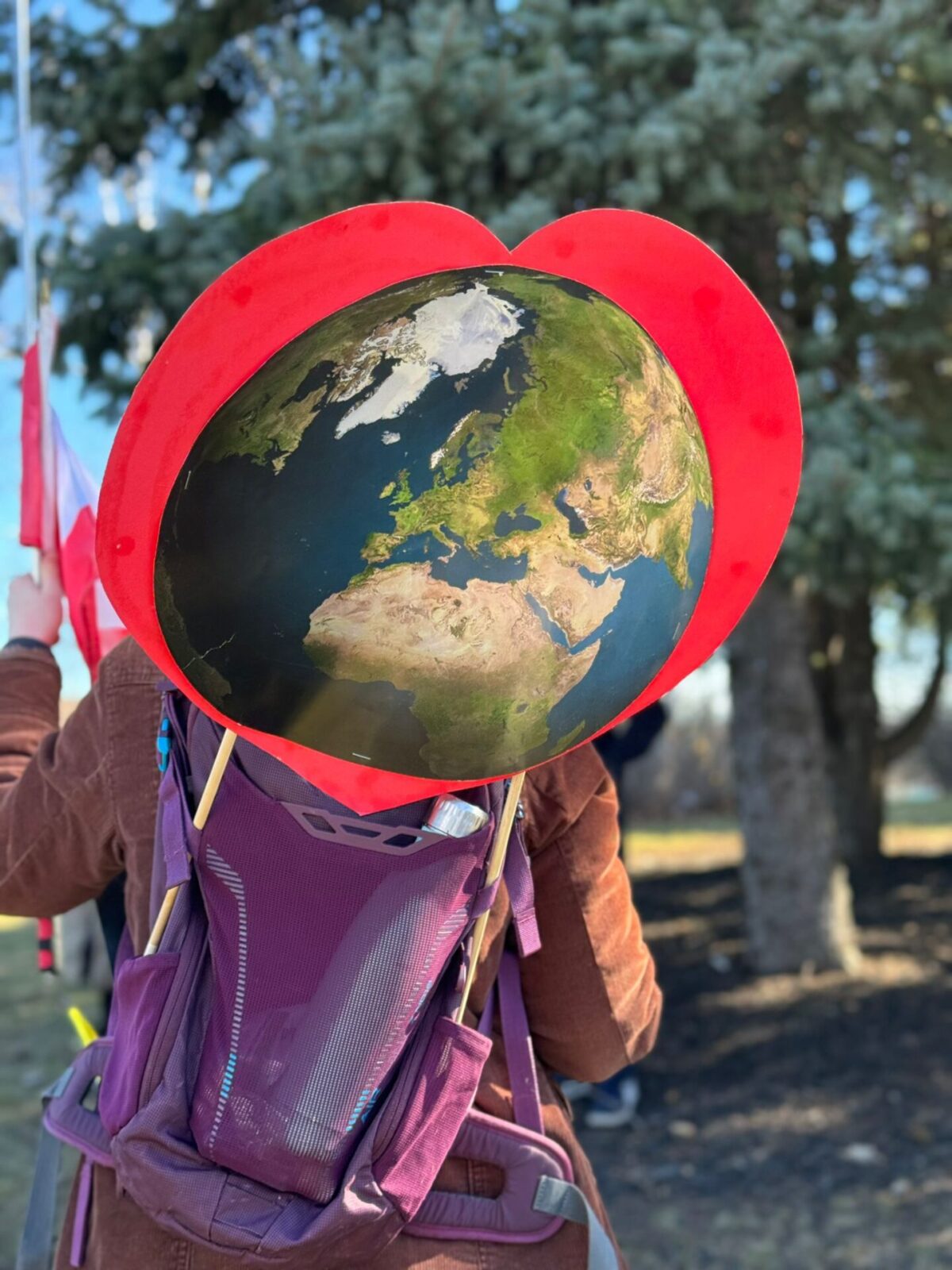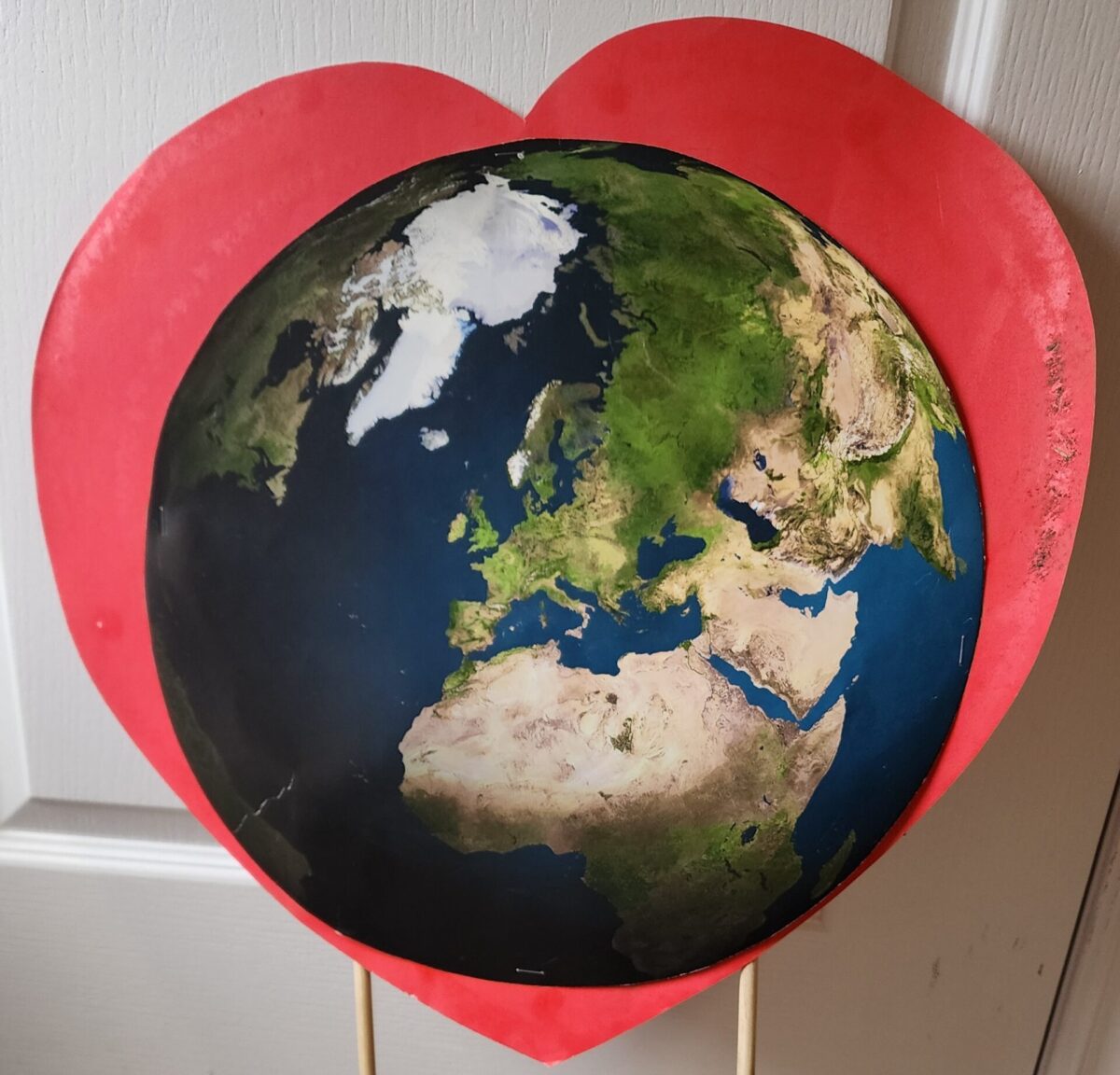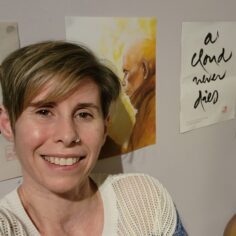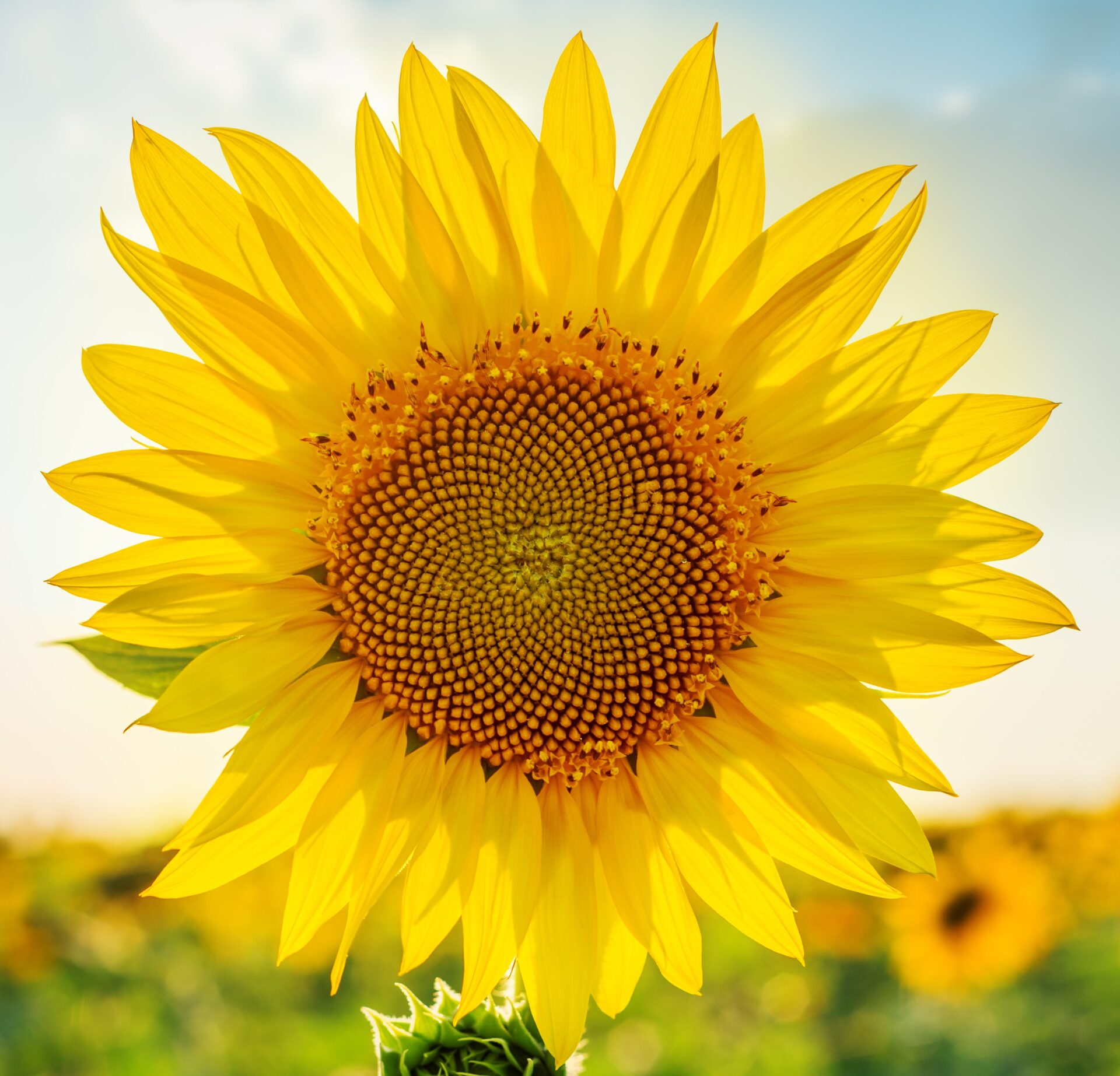By Sharon Aschaiek on
Grappling with unwholesome seeds watered by war, Sharon Aschaiek seeks to transcend the illusion of separateness.
At a recent demonstration near Toronto, Canada about the current war in Gaza, anger was palpable among protesters on both sides of the street.
On one side, I stood in front of a synagogue with other Jews and Israelis, steeped in our suffering caused by the October 7,
By Sharon Aschaiek on
Grappling with unwholesome seeds watered by war, Sharon Aschaiek seeks to transcend the illusion of separateness.
At a recent demonstration near Toronto, Canada about the current war in Gaza, anger was palpable among protesters on both sides of the street.
On one side, I stood in front of a synagogue with other Jews and Israelis, steeped in our suffering caused by the October 7, 2023 massacre of civilians in Israel, and the wave of antisemitism spreading across Canada and worldwide.
On the other side were people steeped in their own suffering about the struggles and oppression of Palestinians and the devastating consequences of Israel’s war in Gaza.
Propelled by visceral pain, both sides shouted their grievances—but no one was truly listening, and no one was truly heard.
I am a Jewish person who was raised by Israeli parents—one, the daughter of a Polish Holocaust survivor who lost almost her entire family to murder by the Nazis, the other the son of Iraqi Jews who endured pogroms and expulsion. The ethnic persecution of my ancestors has passed down intergenerational suffering that shapes how I think and feel about the war, its diverse causes, and the consequences of discord and division.
But as a mindfulness practitioner in the Plum Village tradition, I know that the Buddha’s teachings as so skillfully presented by Zen Master Thích Nhất Hạnh offer a meaningful path to personal and collective healing and harmony.

Unwholesome seeds
That day at the protest, and in all the days since October 7th, I have grappled with many unwholesome seeds that surfaced in my consciousness and created significant challenges for me to work with in my meditation.
Indignation that our local religious temple was targeted for protest, suggesting it is acceptable to blame all Jews for the actions of the Israeli government.
Fear about my safety as a Jew in a country where escalating antisemitic violence is being perpetrated against Jewish schools, places of worship, and neighbourhoods. From verbal threats to physical assaults, from Nazi graffiti to the firebombing of a Jewish-owned business, they are all meant to intimidate and dehumanize Jewish people, and they trigger the personal and collective trauma associated with being part of a historically persecuted minority.
Anger and disappointment with our elected leaders, who have done little to quell the ethnic hatred intensifying on our streets, thereby emboldening hateful mobs and leaving Jews vulnerable. Anger and disappointment at the Israeli government, for unfair and harmful policies and practices that have jeopardized the safety and human rights of both Gazans and Israelis.
Sadness at seeing my lifelong home country, with its wonderfully vibrant cultural diversity that I have always felt was a source of strength and unity, descend into division, duality, and discrimination caused by tribal violence.
Harsh judgment of protestors on the “other side,” triggered by old habit energies, family and cultural conditioning, and toxic narratives in my social environment.
The way of awakening
In meditating on how to deal with my painful feelings and cultivate the inner peace that could allow me to meaningfully contribute to a solution, I turn to the wisdom of Thầy. Since I started practicing in the Plum Village tradition in 2019, and especially in the days since October 7th, Thầy’s rich teachings on mindfulness have been a vital source of strength, wisdom, and comfort.
The more wholesome feeling that surfaced during the protest was a deep intention to embody the insight of interbeing in my words and actions. I know expanding my awareness beyond the pervasive “us versus them” mentality is necessary for dissolving divisions and cultivating reciprocal understanding and compassion. I wanted to walk into the middle of the street and let my sign, a red heart with planet Earth in the middle, convey my sincere wish for collective peace, unity, inclusiveness, and love. Alas, concern about my safety over a violent reaction from one group or the other, not to mention the traffic and heavy police presence, sapped my courage.
But I know that sustaining and strengthening my mindfulness practice will increase my capacity to notice and not water my unwholesome seeds of discrimination, fear, and hatred. By staying with my breath and the present moment, I can more clearly perceive what is manifesting within and around me, and generate the awareness, sensitivity, and equanimity needed to act with a wise heart.
When others unskillfully express their pain by trying to define me as an unworthy “other” for being a Jew, and when this prompts an emotional reaction in me of negatively “othering” these individuals, I will follow Thầy’s advice and tend my wounds with the gentle kindness of a parent tending to their upset baby. I will remember that only love can heal suffering—mine and others’.
While discord, discrimination, and division manifest in the historical dimension, I will take comfort from understanding our inseparable nature of nonself and interdependence in the ultimate dimension. I will remember and embody the fundamental truth of our common humanity, our common status as Earthlings, our oneness with everyone and everything in the universe.
The Three Jewels of the Buddha, the Dharma, and the Sangha help me foster my capacity for openness and inclusiveness, find support and strength in community, and gain the spiritual nourishment needed to be of service in reducing suffering and promoting peace.
In The Five Mindfulness Trainings, I find the wisdom to engage with this issue in an ethical, heart-centric way. By sustaining reverence for all life, remembering the interconnectedness of happiness and sorrow, and practising deep listening and loving speech, I am better able to take in the experiences and suffering of others and respond in a spirit of inclusiveness and loving kindness.
I find powerful inspiration in Thầy’s refusal to take sides during the Vietnam War, instead taking the side of peace and the people. His actions are a powerful lesson for us all, and one I wish to apply more fully in my advocacy for positive social change.

The sign I carried that day at the protest, the Earth ensconced in a heart, is a symbol for my deepest bodhisattva aspiration: to foster a world where we recognize we are all on the same side, on each other’s side, on the planet’s side. A world where together we can mindfully transcend the divisive categories of identity and geography that feed our illusion of separateness, and allow the energy of love to remind us that we are one family with one common destiny.


